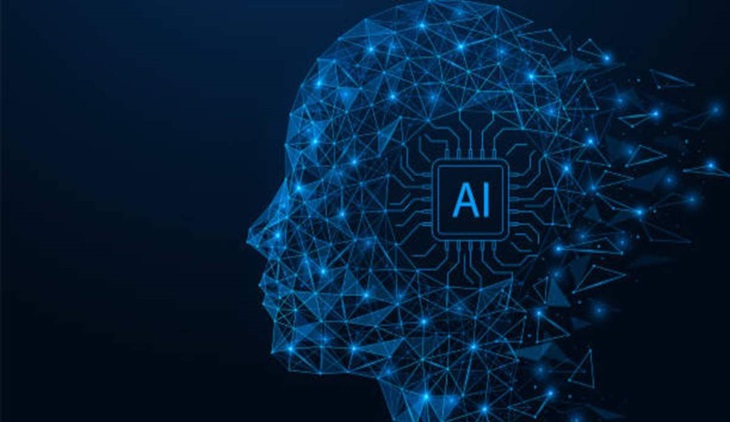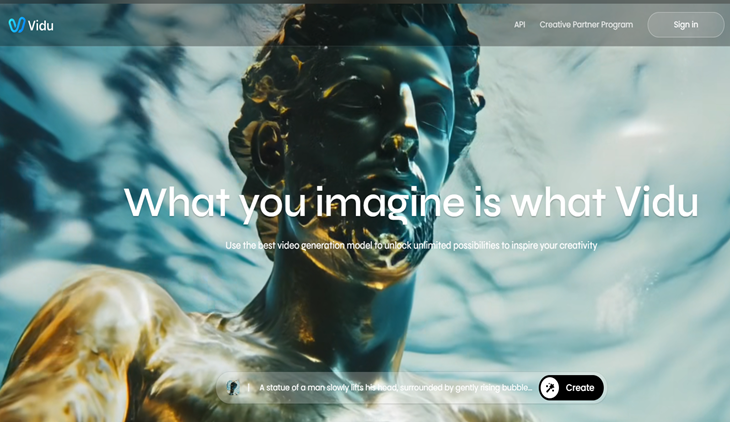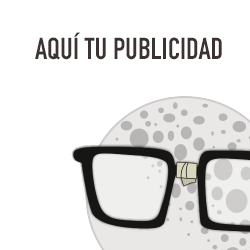
Imagine a web development company that employs Artificial Intelligence (AI) to produce a completely personalized website in a matter of minutes rather than months. That is the real power of AI for web development.
Artificial intelligence technologies have allowed companies like Wix to generate websites 50% faster, and website developers are now able to reduce coding time by up to 40% with the use of AI tools. In addition to increasing user engagement, these developments in website design and development are also establishing new benchmarks for effectiveness and security.
In this blog, we dive into how AI is transforming web development, offering real-world examples, and compelling metrics.
The Evolution of Web Development
Over time, web development has undergone significant change. Static HTML pages were used in the early development of websites, providing little to no interactivity. With the advent of dynamic web apps, websites could become more interactive and visually appealing thanks to JavaScript, CSS, and HTML5.
Rich, dynamic user experiences replaced static material as of this change. To ensure that websites function flawlessly across all devices and screen sizes, responsive design and sophisticated structures are now the main focuses of current web development.
Web interactions are now more seamless and intuitive than ever thanks to these developments, which have raised the bar for website design and development.
The Emergence and Growth of AI
From a theoretical concept, AI has developed into a potent instrument that is revolutionizing the industry. AI first concentrated on developing computers with intelligence like that of humans.
Important turning points include deep learning, that utilizes neural networks to analyse complex data, and machine learning, where algorithms learn from data. Automated language comprehension is made possible by Natural Language Processing (NLP).
Sectors such as healthcare (AI-driven tools have improved diagnostic accuracy by 20%) and finance (AI forecasts market movements with 90% accuracy) have been transformed by these breakthroughs. AI is currently improving website design and development and changing web development.
IA technologies, for instance, can increase user engagement by 35% and speed up coding by 50%. AI has a significant impact on web development and is establishing new benchmarks for productivity and creativity.
AI’s Impact on Web Development
Enhanced User Experience (UX)
User experience (UX) has been completely transformed by AI thanks to its highly tailored and natural interactions. With AI algorithms analyzing user data to provide recommendations and information that is specifically catered to, personalization is at the forefront.
For instance, AI is used by e-commerce giants like Amazon and Netflix to recommend movies and goods to consumers based on their past interactions, making the user experience more relevant and engaging. Because material is tailored to each user’s tastes, this personalized approach can boost user happiness and retention.
Virtual assistants and chatbots are further important applications of AI in UX. These AI-powered solutions effectively respond to consumer questions and support requests while offering immediate help. For example, Sephora’s chatbot improves the overall shopping experience by assisting customers with product discovery and appointment scheduling.
Virtual assistants, such as those powered by AI like Google Assistant and Siri, offer hands-free interaction and seamless integration into daily activities, improving user convenience and engagement.
Automated Coding and Development Tools
Artificial Intelligence (AI) has brought strong tools to the field of automated coding and development that simplify the coding process. Code generation and code management are being revolutionized by AI-powered solutions like GitHub Copilot and code generators.
For instance, GitHub Copilot uses AI to automate repetitive operations and provide code snippets, freeing up developers to work on more intricate project components. This results in more effective and dependable development by cutting down on coding time by up to 40% and lowering the possibility of errors.
Because these technologies provide standard coding methods and minimize the need for intensive manual testing, they help improve developer collaboration. AI incorporation into development workflows increases code quality and speeds up project completion.
SEO and Content Optimization
Significant advancements in SEO and content optimization have also been made by AI. Large volumes of data are analyzed by AI-driven SEO technologies to improve website visibility and ranking by optimizing content for search engines.
AI is used by programs like Clearscope and MarketMuse to assess the relevance of material and offer recommendations that can be implemented. By using a data-driven strategy, material may be made to comply with SEO guidelines and increase organic traffic.
Predictive analytics is also essential for performance monitoring and content production.
Businesses can create content strategies that are in line with future demands thanks to AI algorithms that predict trends and consumer preferences. This proactive strategy aids in sustaining high levels of engagement and adjusting to shifting market dynamics.
Web Security
AI has a significant impact on web security since it provides cutting-edge methods for detecting and reducing security risks. Real-time pattern analysis and anomaly detection capabilities of AI systems enable them to provide early alerts of possible security breaches. To improve overall security, for example, systems such as Darktrace employ AI to monitor network traffic and spot anomalous activity.
Artificial intelligence (AI) further improves automated security testing and vulnerability assessments, enabling ongoing system and web application evaluation. This keeps sensitive data protected and the internet ecosystem secure by guaranteeing that any vulnerabilities are fixed quickly.
Case Studies and Real-World Examples
Websites and apps with artificial intelligence (AI) enhancements are demonstrating the revolutionary potential of AI in web development. Wix’s Artificial Design Intelligence (ADI) is one notable example. Wix ADI employs artificial intelligence (AI) to generate personalized websites by assessing user preferences and content requirements. With this technology, the process of creating a website has been greatly expedited. Development time has been reduced by 50%, enabling enterprises to launch a polished website more rapidly.
Adobe Sensei, an AI and machine learning platform incorporated within Adobe’s toolkit, is another well-known example. Adobe Sensei improves the creation of websites by offering predictive content, automated tagging, and sophisticated image recognition.
For example, Adobe Sensei’s AI-driven solutions can assess user behavior patterns and streamline content distribution, leading to a 30% rise in user engagement and happiness on platforms that make use of these capabilities.
Success examples demonstrate how AI in web development has real benefits. eBay has introduced AI-powered visual search features that let consumers look for products by utilizing photos rather than text. Conversion rates have grown by 20% and user engagement has improved because of this functionality. Shopify’s use of AI to provide tailored product recommendations has increased sales for its merchants by 35%.
These illustrations show how businesses are using AI to improve user experiences, expedite the development process, and produce quantifiable commercial results. The application of AI in web development is becoming more and more important as it makes digital experiences more effective, customized, and interesting.
Challenges and Considerations
AI ethical considerations include biases in AI and data privacy. Keeping people’s trust requires protecting user data while avoiding biased results. AI dependence raises questions regarding dependence, as it may result in job displacement and less supervision from humans.
Technical challenges also include the potentially difficult and resource-intensive integration of AI with current web frameworks and technologies.
Ethical and efficient web development requires striking a balance between these factors and the advantages of artificial intelligence. By addressing these issues, we can minimize any potential negative effects and ensure that AI breakthroughs have a good impact.
AI and Web Development’s Future
Forecasts and patterns indicate that artificial intelligence (AI) will have a greater impact on web development in the future, propelling advancements in automation and user experience.
Website user and device interactions will change because of emerging technologies like AI in AR/VR and IoT, which will provide more connected and immersive experiences. To remain competitive, web developers of the future will need to combine their traditional talents with AI knowledge. It will be essential to master both traditional web development methods and AI technologies in order to create cutting-edge, intelligent web solutions and adjust to changing industry demands.
eTraverse’s Competency in Using AI for Web Development
eTraverse excels in harnessing AI to elevate web development. Leveraging AI, eTraverse enhances website design and development through advanced tools like AI-driven personalization and automated coding solutions.
Our use of machine learning and predictive analytics optimizes user experiences, delivering tailored content and recommendations. With a focus on integrating AI with existing web frameworks, eTraverse ensures seamless, cutting-edge solutions.
Our expertise extends to AI-enhanced SEO and web security, providing comprehensive, data-driven strategies that drive business growth and efficiency. eTraverse’s innovative approach positions them as a leader in AI-powered web development.
Conclusion
With automation, security, and user experience previously unheard of, the industry is being revolutionized by the incorporation of Artificial Intelligence (AI) into web development. Artificial intelligence (AI) technologies, such as deep learning, machine learning, and Natural Language Processing (NLP), are changing the way websites are created, built, and optimized.
Leading companies, such as eTraverse, are utilizing artificial intelligence (AI) to provide creative solutions that improve website performance and user engagement. Accepting AI simplifies development procedures and creates new opportunities for intelligent, safe, and adaptable web experiences. The revolutionary potential of AI promises a bright future for web development.










Pingback: Crea interfaces de usuario impresionantes con CheapUI - Nerdilandia